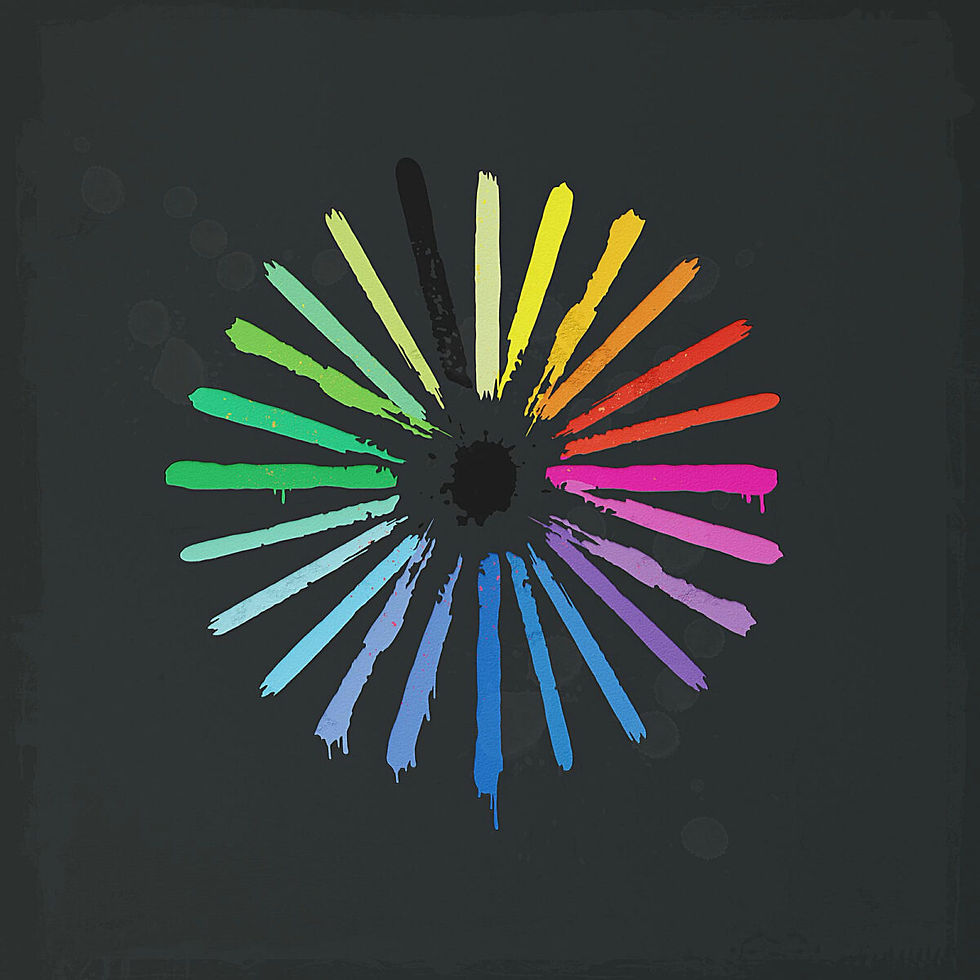Album Of The Week - The Beatles - Revolver
- Reece Bithrey

- May 25, 2019
- 3 min read
Updated: Jul 28, 2020

This week, we're turning back the clock to the sixties for the first time; specifically, we come to 1966 and The Beatles' superb sixth studio album Revolver.
1966 saw The Beatles end their days of touring and playing to baying crowds of girls who would scream their heads off for half an hour. The band played their final gig at Candlestick Park, San Francisco in August 1966, before lumbering themselves into the back of a meat van used in slaughterhouses to take them away from the stadium. Revolver sees them shift from a band aiming to please the masses to a band that wishes to experiment and think outside the box.
Opener Taxman is an obscurity by comparison to most of The Beatles' back catalogue and sees George Harrison take lead vocals in a jibe against then Labour Prime Minister Harold Wilson, who had recently imposed a 95% super-tax for those earning ridiculously high wages, which the band were at the time. Harrison talks of "one for you, nineteen for me" in relation to the tax, but what also makes this track apart from its satire, is the fantastic guitar solo Harrison plays towards the end. It's erratic in delivery, perfectly portraying the flustered nature of the British political system at the time. In-keeping with works from George Harrison, I Want To Tell You is a song about having so many ideas in your head, but not having the ability to say them all aloud. It's catchy, with some great piano backing, and would go on to play a part in some of Harrison's later solo live work.
The album is packed full of undiscovered rarities for most casual Beatles fans, such as the fantastic She Said She Said sung by John Lennon. Lennon described it as an "acidy" track and in listening to the way that the lyrics jump around and are mostly half-formed sentences that cut one another off, it's evident that there is a drug influence here. And Your Bird Can Sing is a little more upbeat than some of the rest of the album, with some fantastic harmonies, echoing older Beatles records, along with the overpowering lead guitar riff and cracking bassline. It's arguably Lennon's best vocal on the album and the song is allegedly about Mick Jagger's girlfriend at the time, Marianne Faithfull.
By way of experimentation, the band didn't just experiment with their different musical styles, but also with substances as well. One such song is Doctor Robert. Allegedly about the man who provided The Beatles with drugs in the USA in the sixties, according to bassist Paul McCartney, although this was disputed by Lennon, who said that the song was semi-autobiographical, claiming he was the one who held the band's supply of drugs. It's noted for The Beatles' first explicit mention of recreational drug usage and its recurring guitar riff, along with Lennon's cold vocal, makes it the best song on the album from a personal perspective.
I'm Only Sleeping sees John Lennon sing about what everybody wishes they could have in their lives at various points - a little more sleep. It's a commentary on his laziness and details the majesty of being half-awake and half-dreamy. Specifically, the song is talking about how everybody sees him as a layabout, whilst everyone around him rushes around for no particular reason. This track definitely marks a change in The Beatles' styles and musical purposes, featuring more raw songwriting and some backwards-tracked instruments. As with every Beatles album, Revolver features its fair share of solemnity with the two-minute-long For No One featuring a dejected Paul McCartney delivering a disheartening and powerful vocal about the end of a relationship. The song fits in with the baroque style, with its old-time piano backing and horn section in the middle helping to create an air of sadness.
In conclusion, Revolver is one of the best Beatles albums over their career and certainly signalled a massive change from their prior beat-driven style designed to please crowds to a more experimental style that would change their genre until the end in 1970. It's much-loved amongst Beatles fans, but often gets majorly overlooked and so, it's only right that I would recommend what I perceive to be their best work. Pure genius.
If you want to pick up a copy, I’ll leave an Amazon link here: https://amzn.to/30YYxPW
Or, if you’d prefer, here’s a Spotify link:
More musical magnificence to come next week!
UNTITLED may earn an affiliate commission when you purchase through the links on our site. Find out more here.







